I still remember the first time I heard a John Prine song. I was a young kid from Northern Illinois being driven around in the backseat of my mom’s ‘90s Impala in the spring, listening to CDs as we always did, when “Lake Marie” began to play through the car’s rear-set speakers. The centerpiece of Prine’s 1995 album LOST DOGS AND MIXED BLESSINGS, it made an immediate impression. Admittedly, as I was surely under the age of 10 at the time, I was really only focused on the song’s massive, shining hook—one of Prine’s all-time best. At the time I wasn’t able to grasp just how brilliantly that hook serves as a look into the unfathomable emotional depth woven into the song’s lyrics, but years later I naturally realized that “Lake Marie” is one of Prine’s crowning achievements as a songwriter, a song that uses three completely distinct stories, unrelated save for their setting around a small lake only a few miles north of the border into Wisconsin, to paint a vivid and multifaceted portrait of what it means to be human. From two children abandoned in the woods adopted by Natives, to the beginning and near-end of a relationship, to a grisly crime scene viewed on a black-and-white TV set, Prine dissects three different tales from three different times to reveal the pain, sorrow, beauty, and serenity universal to all of them. Packaged together with that eminently memorable chorus, you’ve got just one of many innumerable timeless tunes from the John Prine catalog, a prodigious output from a legendary songwriter who remained razor-sharp from his now-classic debut album all the way through to his last nearly 50 years later.
—
I’ve been all but locked up, social distancing for about a month now. Since the quarantine began I’ve made a habit of going out on the roof of the adjacent building to my second floor apartment in Chicago each night, smoking a bit and listening to music, throwing a track or two up on my Instagram story for my followers to listen to if they please. As any of those followers can attest, for the last couple of weeks, those songs have included a whole lot of John Prine. As soon as word came down that Prine had become ill with COVID-19, the currently ubiquitous virus that surely needs no introduction, I was mortified. As a 73-year-old man with a history of health issues, including lung cancer, it felt like portentous news from the start. Right then I dove headlong back into his discography, and despite my lengthy history with the man’s music, I feel like I’ve gained a new perspective and an even greater appreciation for his songs than I ever had before.
It’s been said ad nauseam in the avalanche of tributes that have come out since Prine’s passing, but I’m not sure anybody has ever been quite as adept as John Prine at capturing heartache, humor, and healing not just all in one song, but oftentimes all in a single lyric or line. Take the first verse of one of his most well-known songs, “Angel From Montgomery”:
I am an old woman / named after my mother
My old man is another / child that’s grown old
If dreams were lightning / thunder were desire
This old house would’ve burnt down / a long time ago
In four quick, unflashy lines, he evokes the frustration of aging and the smoldering of regret and unfulfilled longing, takes a bitingly funny shot at a type of contented middle-aged man that I’m sure we’ve all met, and summons strikingly vivid imagery to depict the sheer strength of feeling held within the soul of just one woman. It’s a song that becomes all the more astonishing to listen to when you recall that Prine was in his early 20s when he wrote it, a fully realized and totally matured lyricist from the very start. Look at another one of his classics, “That’s The Way The World Goes Round,” a song that very easily could’ve been unbearably corny in the care of a lesser pen, but becomes downright profound coming from Prine.
I was sitting in the bathtub / counting my toes
When the radiator broke / water all froze
I got stuck in the ice / without my clothes
Naked as the eyes of a clown
I was crying ice cubes / hoping I’d croak
When the sun came through the window / the ice all broke
I stood up and laughed / thought it was a joke
That’s the way that the world goes round
Through a very simple and whimsical tale of getting frozen in his own bathtub, Prine somehow channels a vast array of emotion, from boredom and futility, to suicidality and hopelessness, all the way back around to resilience and good humor, punctuated in the middle by an all-time great simile. It’s a masterclass of lyricism, all while remaining as understated and humble as Prine always was, never trying to change the world with a song, but simply reflect it back to himself and to his listeners in a way that might make it all just a little easier to digest.
—
This extended period of isolation has provided me an opportunity not just to listen to plenty of music, but also to catch up on a lot of reading that I’ve been meaning to get around to for some time. I’ve been doing something of a deep-dive on Russian writers like Chekhov and Dostoevsky, I couldn’t help but notice a genuine thematic similarity between Prine’s music and the stories I was reading while listening. It’s not exactly a secret that Russian literature is frankly depressing, often depicting stories of incredible loss, injustice, and suffering—these writers, after all, make no effort to soften or mitigate these harsh realities of human existence, but instead communicate a sense of stubborn persistence and radical optimism in the face of sometimes insurmountable adversity. John Prine’s music is much the same way, carrying with it an overriding narrative that while life can be very hard, often deeply challenging, and sometimes downright cruel, that the beauty and joy and laughter and friendship that there is to be found among all that mess is worth persevering for.
While I’ve been familiar with John Prine’s music for many years, it wasn’t until recently, as I crossed the threshold of my burgeoning adulthood and worked my way through some periods of severe emotional turbulence, that I truly found myself engrossed in his messaging. Even though Prine was always firmly planted in the wider worlds of folk, Americana, and country music, there was always something distinctly Illinoisan about his writing, whether it be in his occasionally regional turns of phrase, decidedly Midwestern attitude and wit, or his good-natured Chicagoan self-deprecation, he fully embraced his hometown while never quite letting its very real flaws go unmentioned or forgotten. His songs always felt like home to me, and have helped me through countless gray mornings, dark rooftop nights, and private moments of grief and despair.
Despite having feared, even anticipated, the news for days prior to landing, when word of his death came down, I was devastated. Taking another trip out onto the roof with my headphones, I put on his masterful 2018 swan song, THE TREE OF FORGIVENESS, and watched as a heavy, rainless storm rolled in on the city, seemingly on cue, flashes of lightning bouncing from cloud to cloud. Prine had never been afraid to stare down his own mortality in his music, always with a wink and a wry smile, and on the other side of 70 and multiple health scares, the songs on his last record feel a step more literal, a step more heartfelt. As I stood there in the after-dusk glow of the streetlights below, with “Lonesome Friends of Science” sauntering through my ears and around my head, I watched as, just for a brief moment, the clouds slightly parted and revealed the moon, a day short of full and beaming as resolutely as ever through the murk.
The lonesome friends of science say
“This world will end most any day”
Well if it goes then that’s ok
‘Cause I don’t live here anyway



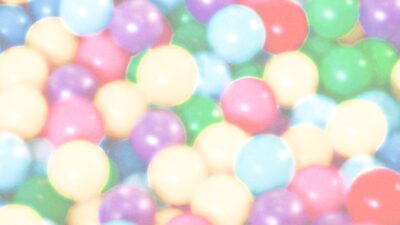

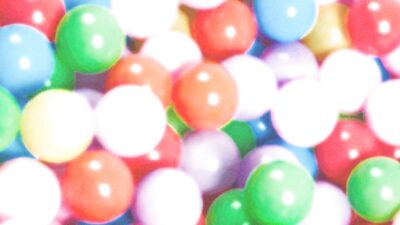

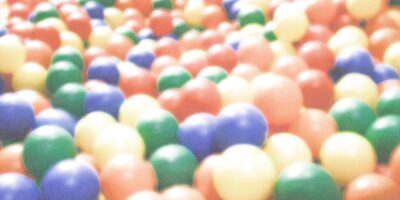
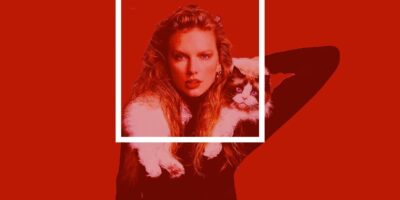

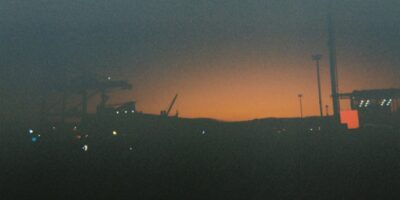

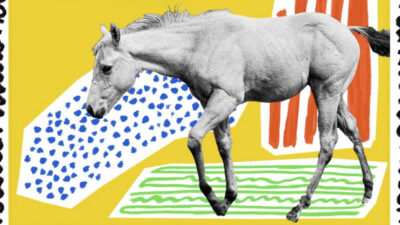

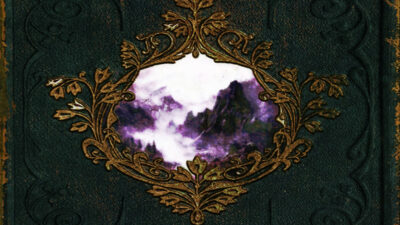

Comments